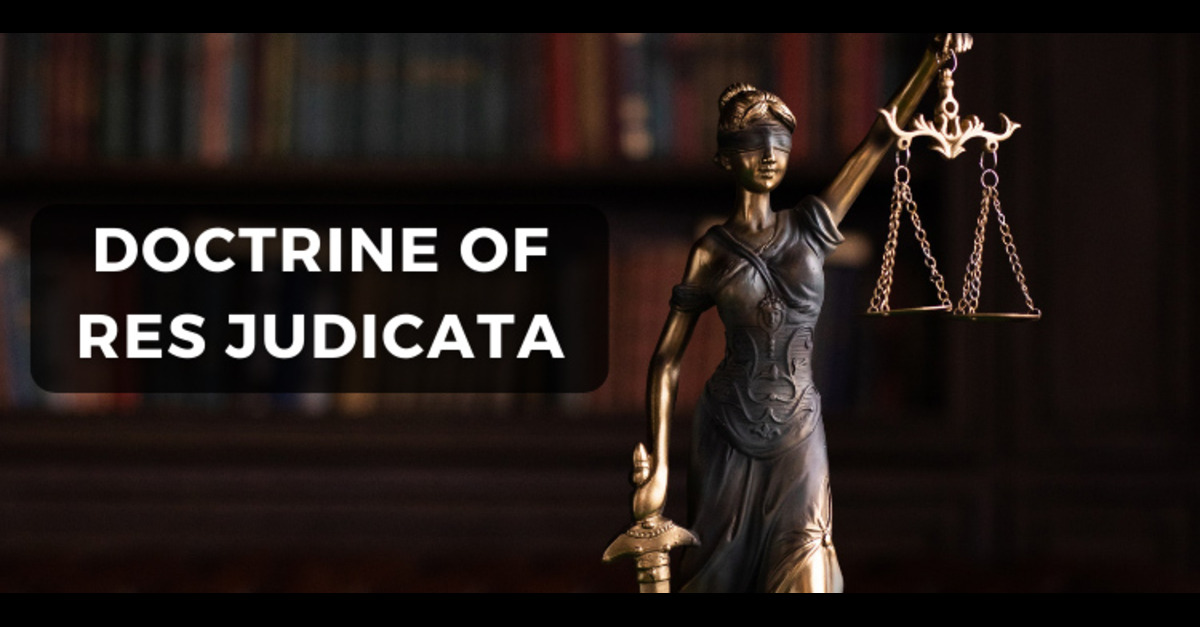Case Name: Tarabanu Begum @ Tarabhanu Khatun v. Union of India & Ors.
Case Number: Civil Appeal No. ___ of 2025 (Arising out of SLP (Civil) No. 24703 of 2023)
Date of Judgment: 22 April 2025
Quorum: Justices Manoj Misra and K.V. Viswanathan
FACTUAL BACKGROUND
The appellant,Tarabanu Begum @ Tarabhanu Khatun, was initially declared not a foreigner by the Foreigners Tribunal No. 3 , Nalbari in FT Case No. 39/2016. This decision was based on the consideration of documentary evidence and testimony presented by the appellant and became final and binding as the State never challenged it.
Despite this, another reference was made against the appellant on the same allegation—that she was an illegal immigrant who had entered Assam after 25 March 1971—resulting in the initiation of FT Case No. 730/2018. The appellant challenged this second proceeding in the Gauhati High Court, which refused to quash the reference but permitted the appellant to raise all contentions before the Tribunal.
ISSUES FOR DETERMINATION
- Was initiating a second Foreigners Tribunal case on identical grounds, after the first decision attained finality, legally sustainable?
- If the principle of res judicata apply to quasi-judicial proceedings under the Foreigners Act?
LEGAL PROVISIONS
- Foreigners Act, 1946
- Article 141 of the Constitution of India
- Supreme Court ruling in Abdul Kuddus v. Union of India, (2019) 6 SCC 604
APPELLANT’S CONTENTIONS
The appellant contended that the second reference was unlawful as it was based on the same allegations already decided in her favour by the Tribunal in 2016. The principle of res judicata barred re-litigation of the same issue. She relied heavily on the precedent set in Abdul Kuddus v. Union of India, where the Supreme Court held that orders passed by the Foreigners Tribunals are quasi-judicial in nature and are binding.
The appellant also argued that the first tribunal’s decision was thorough and based on cogent reasoning. No appeal or review was filed by the State, and thus, it was not open to the State to initiate a fresh proceeding on the same cause of action.
RESPONDENT’S CONTENTIONS
The State contended that the earlier decision of the Tribunal was not detailed and lacked proper reasoning. Therefore, it was within their right to issue a fresh reference and examine the matter afresh.
ANALYSIS
The Supreme Court strongly rejected the State’s arguments, holding that:
- The Tribunal’s 2016 decision was passed after full consideration and was not a cryptic or mechanical order.
- The doctrine of res judicata applied squarely since the earlier adjudication had conclusively determined the appellant’s status as a non-foreigner.
- No material was brought to show that the first decision was obtained by fraud, nor was any challenge made to it.
- Initiating a second proceeding on the same facts constituted an abuse of legal process and harassment of the appellant.
The Court affirmed the relevance of Abdul Kuddus and reiterated that quasi-judicial determinations of Foreigners Tribunals must be respected as final unless overturned through a proper legal challenge.
JUDGMENT
The appeal was allowed. The Gauhati High Court’s decision to allow the second proceeding was set aside. FT Case No. 730/2018 was quashed. No costs were imposed.
CONCLUSION
The Supreme Court has underscored the importance of finality in judicial and quasi-judicial decisions. The ruling provides strong protection against arbitrary and repeated legal proceedings under the Foreigners Act and prevents the misuse of administrative mechanisms to harass individuals. It reinforces that a person’s legal status, once conclusively decided, cannot be re-opened without valid legal grounds.
This judgment reaffirms the supremacy of the rule of law, upholds individual rights against repetitive state action, and emphasizes the doctrine of res judicata in immigration and citizenship matters involving quasi-judicial bodies.
“PRIME LEGAL is a full-service law firm that has won a National Award and has more than 20 years of experience in an array of sectors and practice areas. Prime legal falls into the category of best law firm, best lawyer, best family lawyer, best divorce lawyer, best divorce law firm, best criminal lawyer, best criminal law firm, best consumer lawyer, best civil lawyer.”
WRITTEN BY PRIYANKA DESHIKAN.


